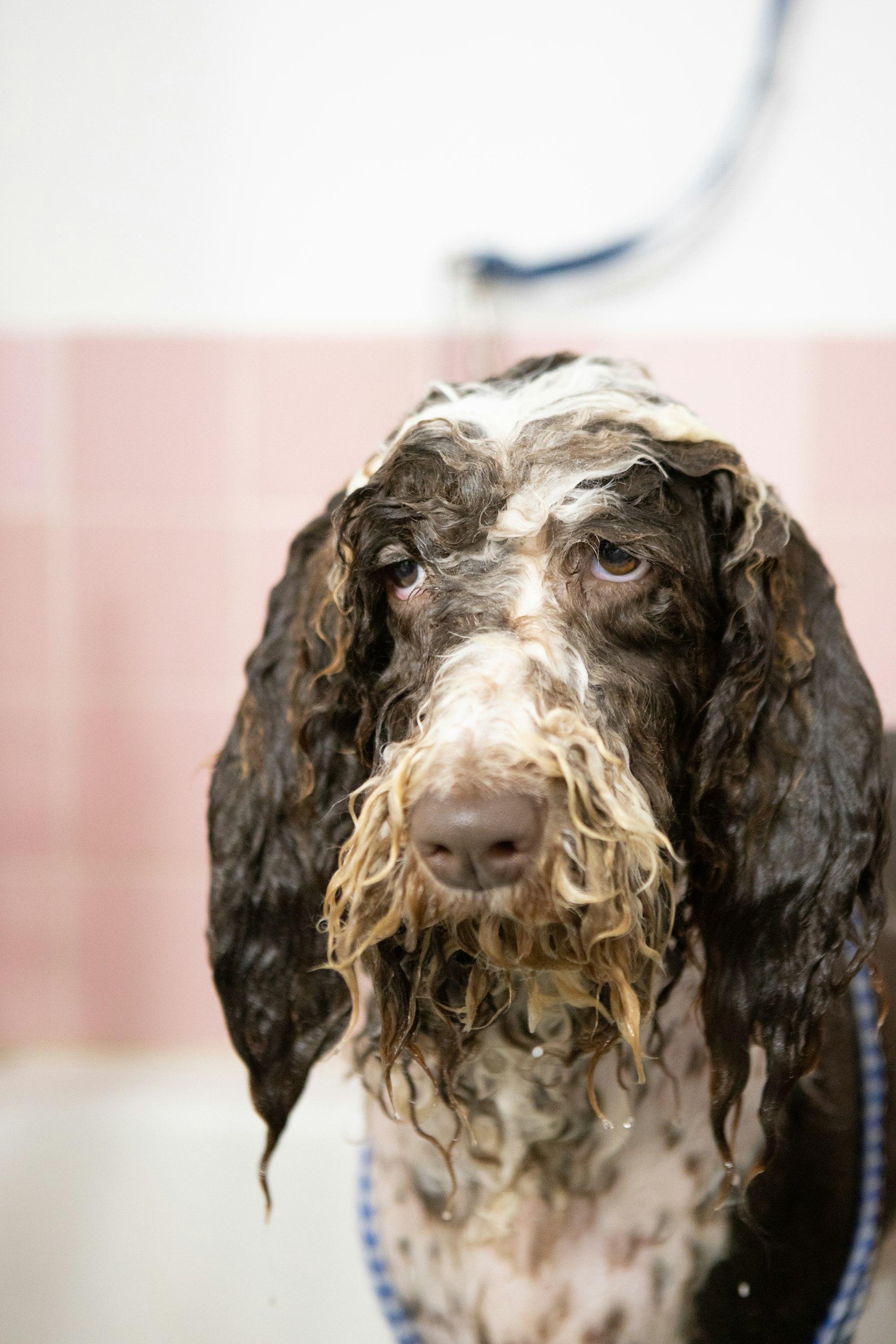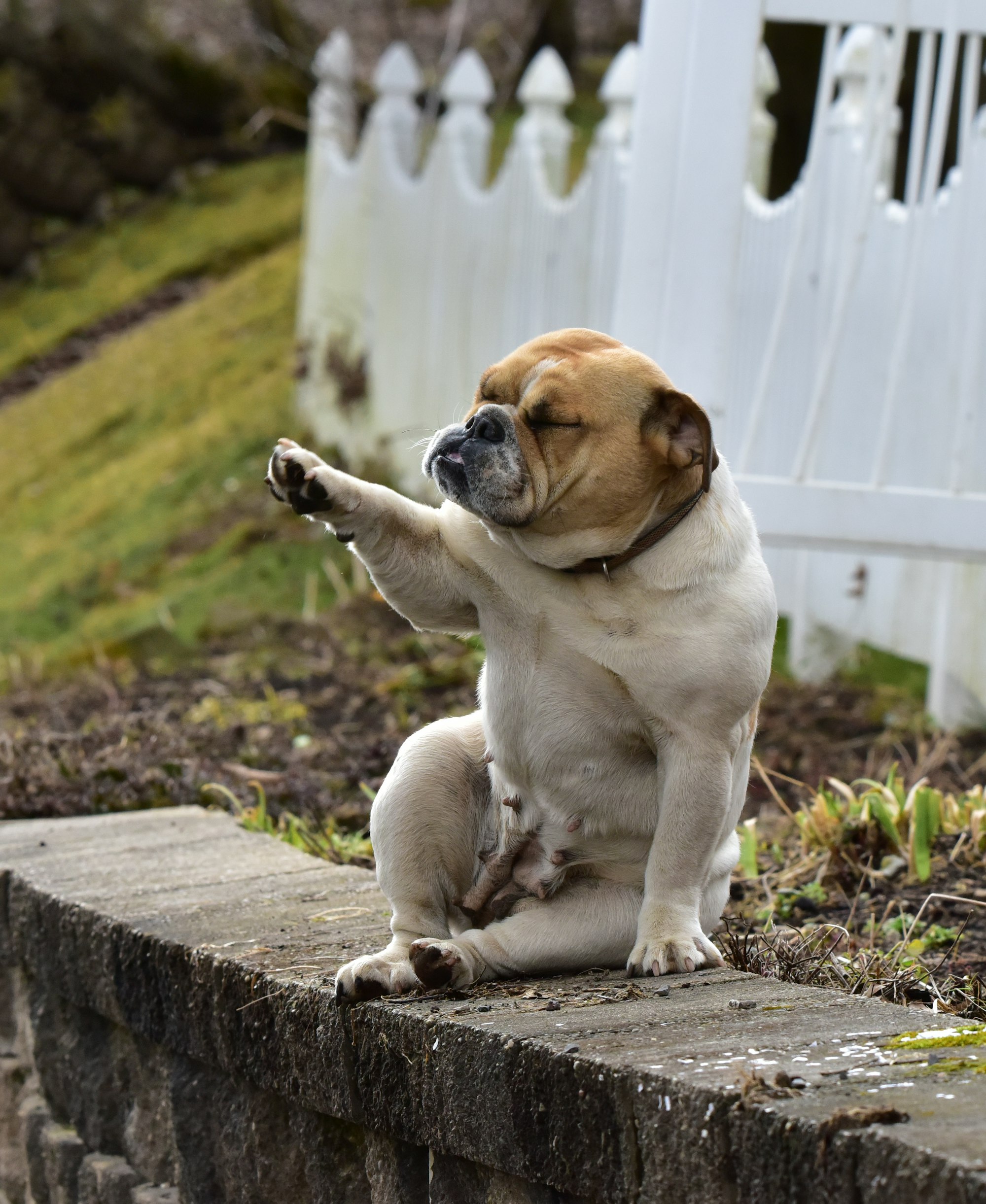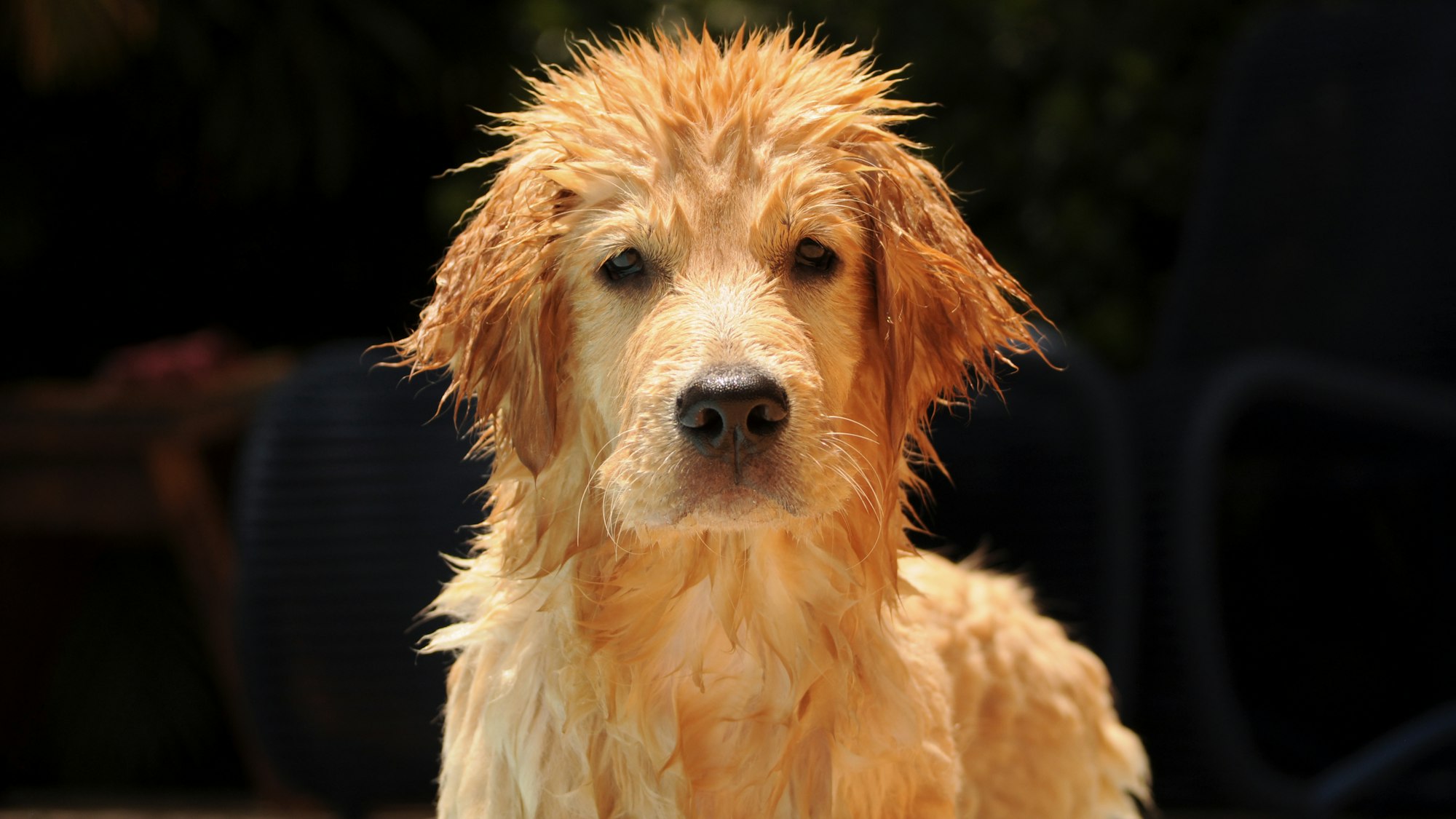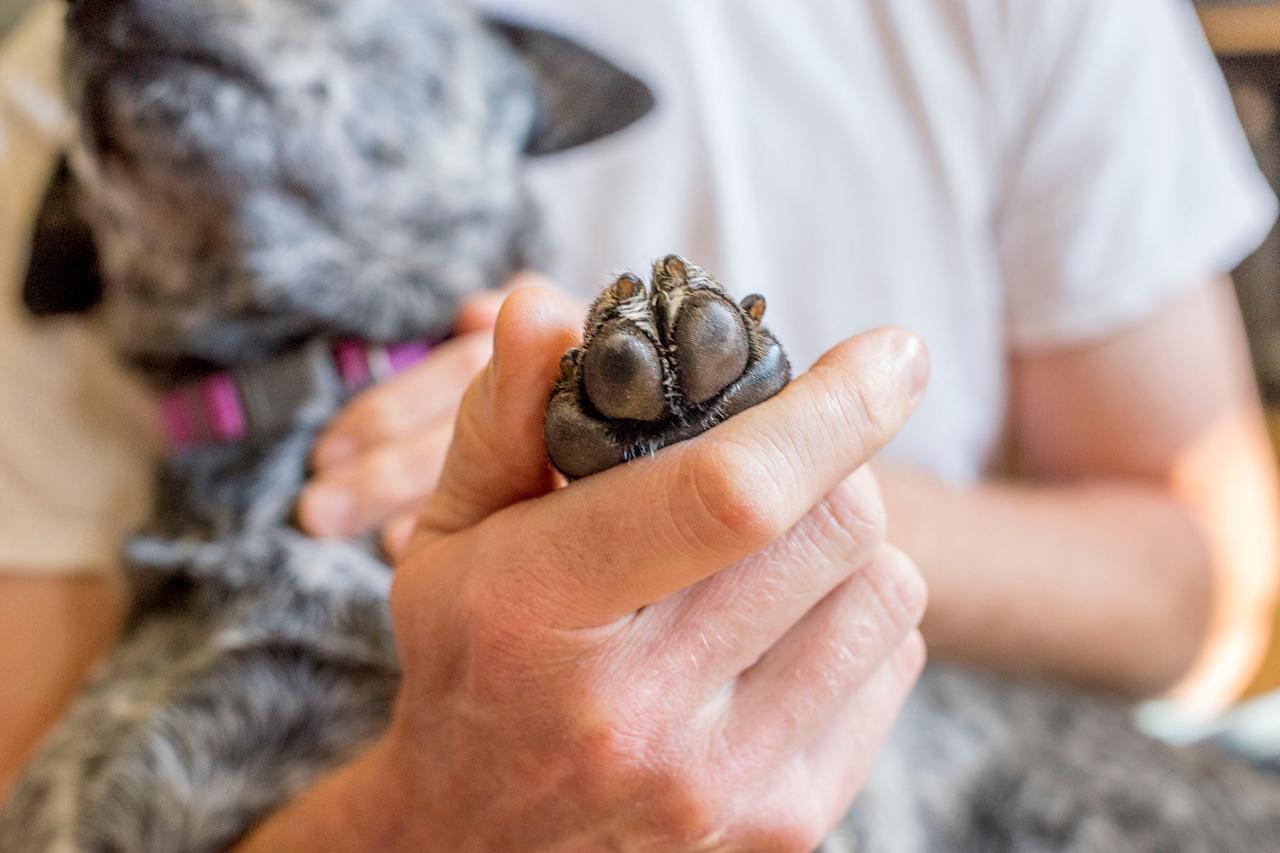That wet dog smell you’ve come to dread so much starts with a smattering of yeasts and bacteria that occur naturally on their coats. These do not smell in themselves. However, as those microorganisms go through their usual lifecycle, they excrete minute, organic compounds. When water from rain, a river, or anywhere else meets these “micro excreta” and subsequently evaporates, it produces a smell that we’ve all come to know as wet dog smell.
Unwanted odors usually have a lot to do with microorganisms. Take human sweat for example: body odor occurs when the bacteria on your skin encounters sweat. The sweat, water, and salt combine with these microorganisms to produce an unpleasant smell. However, sweat in itself doesn’t carry an odor as such.
And so, much like you wouldn’t blame a friend or family member for sweating in heat, you shouldn’t judge your canine for smelling a little stale after a dip in the river or a sudden rainstorm. They can’t help it, and it’s actually down to the organisms that are hitching a ride on their coats. What’s more, wet dog smell can be worse among some breeds when compared to others.

Does wet dog smell affect some breeds more?
Yes, unfortunately wet dog smell can follow some breeds more than other dogs. This is all down to the way that their body structure and coat are designed.
To turn to the human example once more, those who are carrying a little more weight may tend to notice a build-up of smelly body odor more quickly. This is not only because they may overheat more quickly, thus producing more sweat, but also because they tend to have more overlaps and folds in their skin. Simply put, there are more places for sweat to accumulate and produce odor.
As you’d expect, this makes breeds such as Pugs, Bulldogs, and French Bulldogs extra-susceptible to that wet dog smell due to the way that their skin develops. They have plenty more folds and creases, which means more surface area for those microorganisms and water to interact.

However, body oil and salivation come into play too. Basset Hounds and St. Bernards drool more than your typical dog, and the former breed has oilier skin than most. This increased moisture can lead to a nasty smell if not kept dry or at least dried quickly after a dip. Fortunately, there are ways to get rid of wet dog smell, so there’s no reason to shun your favorite breeds when choosing a pet.
How to Get Rid of Wet Dog Smell
As you might expect, one of the easiest and simplest ways to stave off wet dog smell is to routinely bathe your dogs. This doesn’t just apply to them either; you should make an effort to keep their personal effects clean, too. Regularly wash collars and harnesses that spend a lot of time in close proximity to your furry friends, but be sure to pay attention to special cleaning instructions so that nothing is ruined. This should avoid having any lingering smell in your hallway or wherever else you store their belongings between walks.
However, drying is, of course, a key consideration here. Both your dog and their personal effects should be kept dry and aired out as soon as you get home after a particularly wet walk. Specialist dog hair dryers and heavy-duty pet towels are a good choice to ensure that your pet’s hair is dried cleanly and uniformly, which will go a long way to reducing the opportunity for wet dog smell to fester.
Bear in mind that anything your dog rubs up against can pick up that same unpleasant smell. If they tend to rock in out of the rain and scrub themselves against your couches and carpets, then you’re going to want to try and put a stop to that behavior. It’s not just the rainwater that they’ll be transferring; those microorganisms will transfer onto your furnishings too, which means you’ll be living with wet dog smell until you take steps to eradicate it for good.
But if you don’t want to interfere with their playful attitude, turn to your usual furnishing cleaners and freshen up any areas of the home where your dog frequents. Citrus scents work well for warding off cats, but dogs won’t care what you spray. Fortunately, you can train them to stay away from the couch if you want to avoid risking any transfer of wet dog smell onto your soft furnishings.

In Summary: Keeping Your Dog Dry and Happy
Remember, wet dog smell isn’t your pup’s fault, nor is it something that can be avoided if your dog likes to get a little wet. Thankfully, this is a minor problem that’s easily solved by understanding the cause of this unwanted odor and keeping your canine clean and dry after each trip outdoors.






